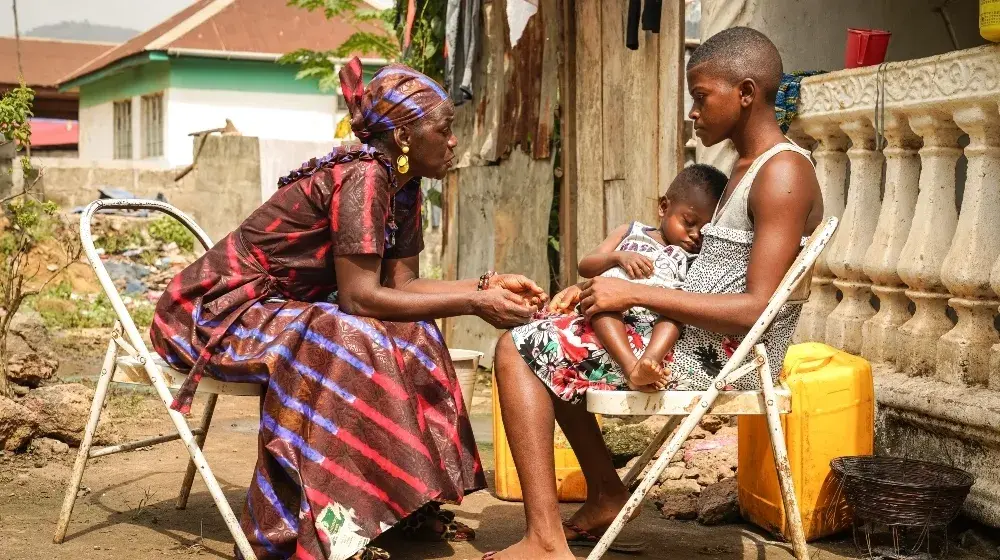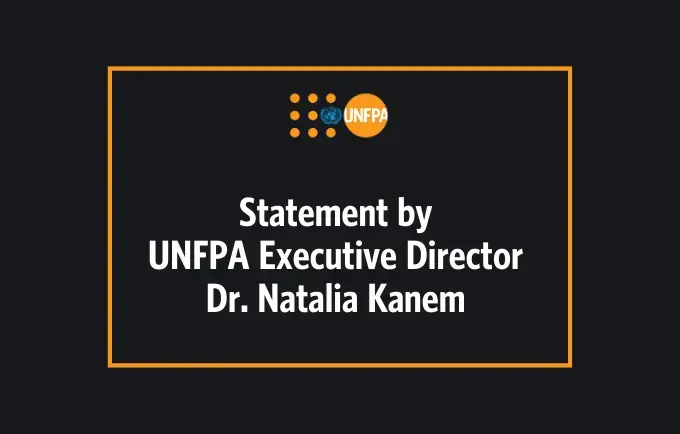Masedi Kewamodimo is a 23 year old who like many of her peers in Botswana was born with HIV. She discovered her HIV status at the young age of 10 years. Masedi lost both her parents to AIDS in 2000. “I was 10 years old in 2004 and I had been on treatment for some time and I kept on questioning why I was on medication. My aunt then took me to the clinic and a counsellor broke the news to me.” At her young age Masedi felt she didn’t have enough information on coping skills on living with HIV and skills on navigating through life as a young person living with HIV, “The first person I told about my HIV status was my friend in standard 4 a few days after I found out. However I knew that not everyone will accept me, in fact I feared it.”
Navigating through adolescence was often a difficult journey for Masedi, “As a teenager I was given enough support but as a young person no I don't feel was support to know how to cope. As a teenager there were support groups but nothing in place for a young person beyond that age. Going to university was difficult for me” she said.
She acknowledges that there are support services in place for young people living with HIV in Botswana, such as, the Teens Club by Baylor for adolescents aged 13-19 years and Sentebale Network Club for adolescents aged 10-19 which are monthly meetings and camps which provide psycho-social support. However, these services are mainly targeted towards adolescents up to the age of 19 years old, “but after 19 years, there is nothing in place, no support structures in place that allow young people to come together to discuss their issues” she said.
With every stage in her life, Masedi has faced different sets of challenges she has had to navigate through. “At ten (10) I feared that I am going to die and not achieve my highest potential in life, in my late teens in university I had a different set of challenges and one was that I feared that society will never accept people who are living with HIV such as myself.”
Masedi however made a decision early on in her life to live openly with her HIV status however, dating has not been easy for her, “I have always disclosed my status and so far I have faced a lot of rejection once I tell them. I have cried endlessly, and that is what has fueled me to become a better HIV advocate.”
Masedi believes it is important for support structures for young people living with HIV as they navigate new spaces and environment such leaving home to go to university or seek employment opportunities. Without these support systems, young people struggle to cope with changes to their environment which often results in defaulting on their HIV treatment and not disclosing their HIV status to loved ones, friends and new partners.
Drawing strength from her own experience she volunteers at Sentebale to raise awareness about HIV especially among young people through living openly with HIV.
According to UNAIDS Spectrum Data, 2017, in Botswana, young people aged 15-24 years account for a third of the new HIV infections (34%) and of these, 69% are among young women. There are 61 new infections every week among young women aged 15-24years.
Masedi believes that many of these new infections among young people could be prevented if young people living with HIV had better support structures, including emotional support and life coping skills that not only ensure that they remain healthy but also allows them to talk about the challenges they face thus helping in addressing issues such as fear of disclosing their status and managing and coping with the rejection and stigma they may face.




